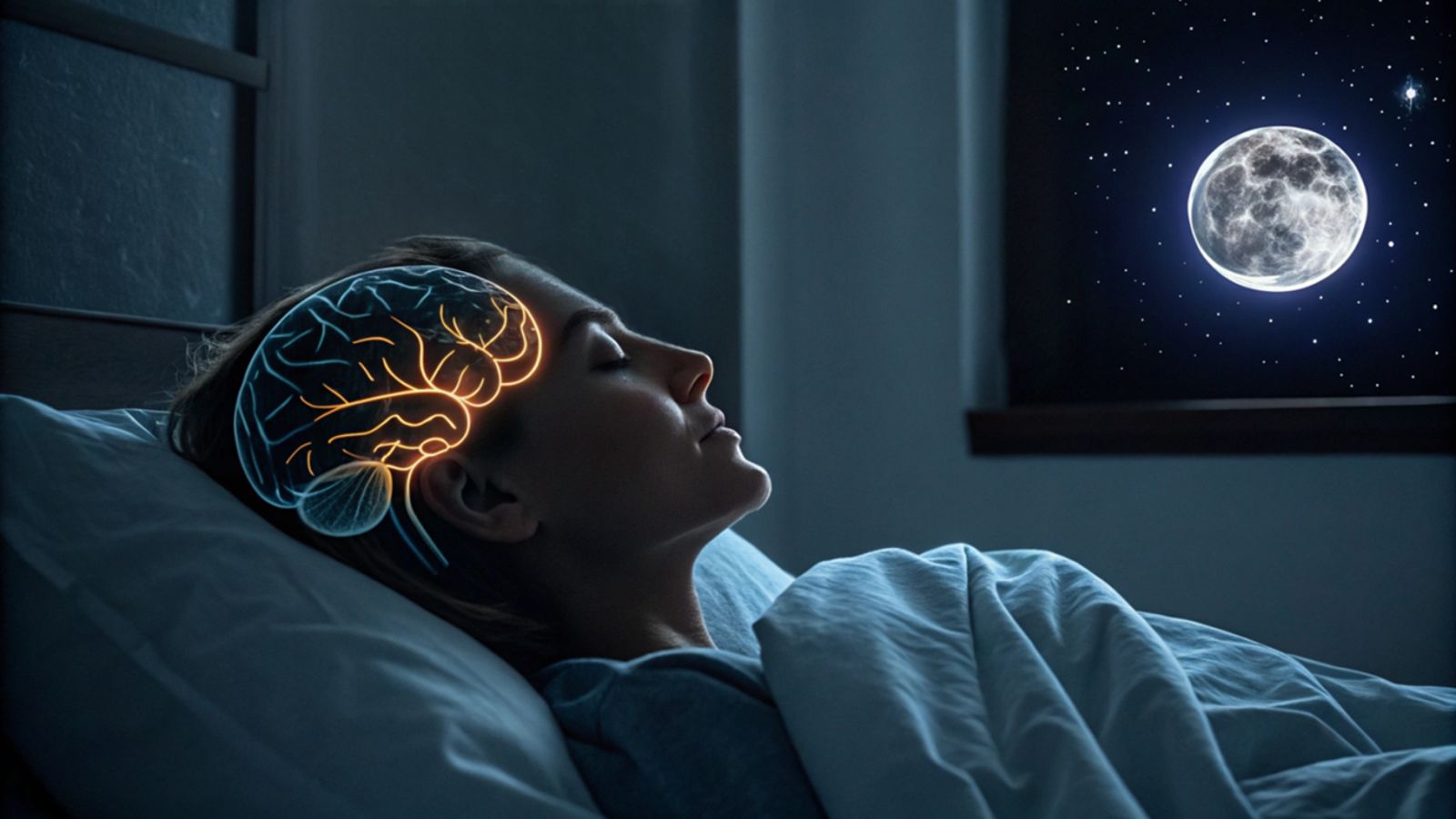🧠 How your sleep transforms your memories
Follow us on Google News (click on ☆)
The study, published in Communications Biology, examined 32 healthy young adults who learned associations between words and images. During their learning, their brain activity was recorded using electroencephalography (EEG), a technique that measures brain waves on the brain's surface. Participants then spent a night of sleep under EEG monitoring, and their memory was tested the next morning to observe changes in the brain's representation of memories.

The researchers used a similarity analysis method to compare brain patterns before and after sleep. They found that waves related to specific memories, like a precise image of an animal, weakened after the night, while signals corresponding to broader categories, like all animal images, remained stable. This transformation was more pronounced in people who spent more time in REM sleep, indicating that this phase might help the brain integrate new information with existing knowledge.
According to Jing Liu, lead author of the study, these results show that sleep doesn't just strengthen memory, but reorganizes its representation in the brain. REM sleep appears to promote generalization by linking new memories to broader concepts, while deep sleep, characterized by slow waves, helps preserve original details. This complementarity suggests that the brain balances precision and flexibility during the night.
George Dragoi, an expert not involved in the study, indicates that REM sleep and deep sleep don't oppose each other, but support different aspects of memory. For example, deep sleep might be crucial for memories of specific experiences, while REM sleep could help build general knowledge. Maintaining regular sleep schedules is therefore important, as good sleep quality is linked to healthy cognitive function and more adaptable memory.
However, Liu notes that these results show associations rather than cause-effect relationships. Future research, combining EEG with intracranial recordings, could identify the brain circuits involved. Experiments aiming to reactivate memories during sleep, for example with sounds linked to learning, could also shed light on how sleep influences our ability to use our knowledge flexibly.